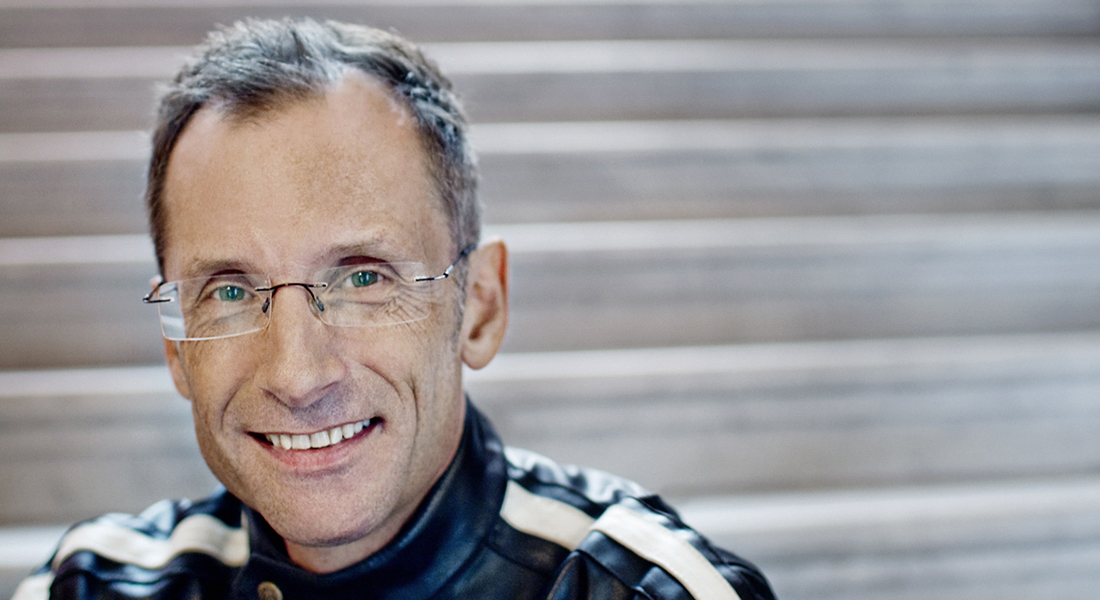Ole Wæver honoured for decades of social contribution
Professor Ole Wæver has been awarded the Hartmann Prize 2024. The prize, which is worth DKK 300,000, is awarded to individuals who have made a significant and extremely valuable contribution of general societal value in social, humanitarian, scientific or cultural areas within Danish society.

Ole Wæver's research is wide-ranging. His primary research areas include theories of international politics, security theory, conceptual history of international politics, conflict theory as well as climate politics, conflict resolution and securitisation.
"The board of the Hartmann Foundation felt that the time was right to honour Ole Wæver with a personal award for his great work in peace and conflict research, topics that seem particularly relevant in these years of more and larger conflicts in the world," says the board.
Godfather of the "Copenhagen School"
Ole Wæver was one of the originators of the so-called "Copenhagen School" within International Relations, which emphasises non-military aspects of security policy, marking a shift away from traditional security studies.
"In the world we live in, the Hartmann Foundation believes it is important to stimulate the work for peace and conflict resolution, and the Foundation wishes to emphasise this by awarding both the Hartmann Prize and the Diploma Prize to researchers in these areas in 2024," the foundation explains.
The Diploma Prize of DKK 150,000 is awarded to Isabel Bramsen, Deputy Head of Peace and Conflict Studies and Associate Professor at Lund University, Department of Political Science. She received her PhD in 2017 at the department in Copenhagen with Ole Wæver as supervisor. [https://www.svet.lu.se/en/article/isabel-bramsen-receives-hartmann-foundations-diploma-award]
The main prize winner, Ole Wæver, is particularly known for the security theoretical concept of securitisation, which is part of the curriculum in many international politics programmes around the world. The theory emphasises how political actors can misuse a crisis situation to take undemocratic or inhumane steps in the name of national security. In addition to security policy and conflict resolution, his work in recent years has centred on religion, climate change and the sociology of science..
Facts about Ole Wæver
- Born in 1960 in Virum, Denmark, Ole Wæver graduated with a Master's degree (1985) and then a PhD (1997) in political science from the University of Copenhagen.
- Shortly after his Master's degree, Ole Wæver was employed in his first research position at the Copenhagen Peace Research Institute (COPRI), where in the following years, together with colleagues such as Barry Buzan and Jaap de Wilde, he helped develop what is known in international circles as the "Copenhagen School" for security studies.
- In 1999, he became Professor of International Politics at the Department of Political Science at the University of Copenhagen, where he later founded the research centres Centre for Advanced Security Theory (CAST, head of centre 2008-2013) and the Centre for Resolution of International Conflicts (CRIC, head of centre 2013-present).
- Ole Wæver lives in Copenhagen. He is married to Charlotte Epstein and has two adult children, Simon and Sofia.
